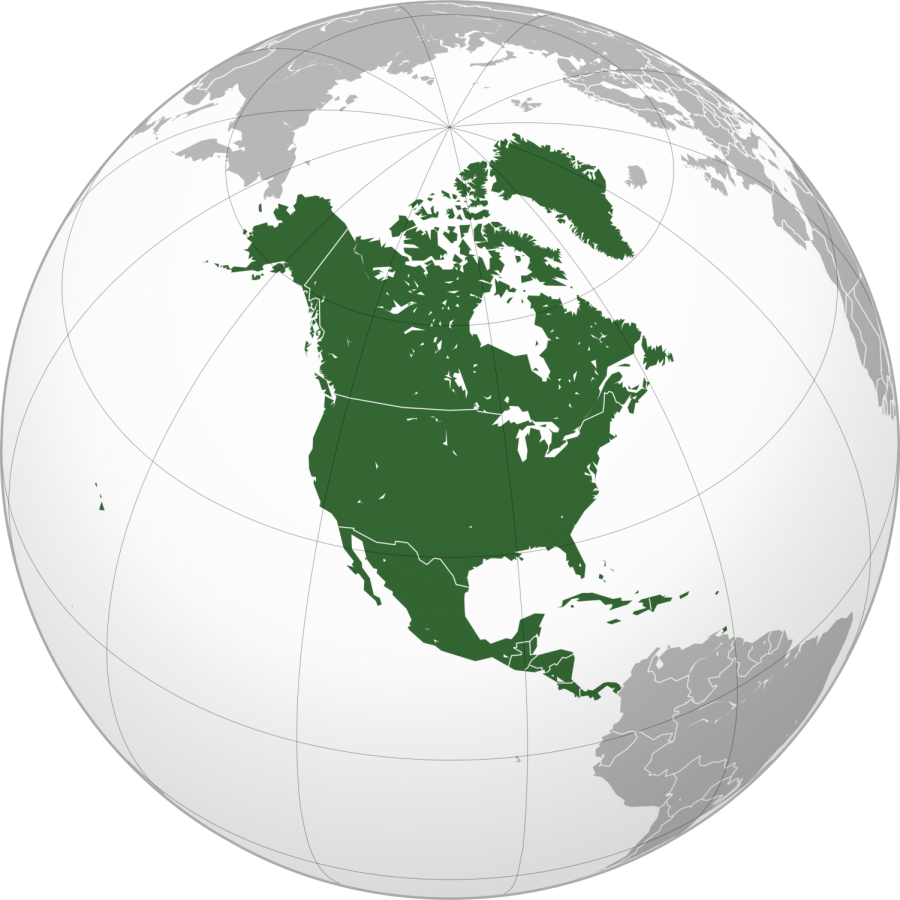The black market for cannabis is overshadowing the legal market in North America
North America’s legal cannabis market is undoubtedly thriving, but so is the black market. New Frontier Data – an independent analytics company specializing in the cannabis sector – thinks that illegally-operating cartels are capable of bagging more customers than their legal opponents, moving forward.
In 2018, an impressive $11.3 billion valuation was pinned on the size of the U.S. cannabis market; a valuation predicted to swell 14.5 percent between 2019 and 2025. This is according to market research and consulting firm Grand View Research, Inc. Separate estimates have touted the U.S. legal cannabis market value in the range of $29.7 billion by 2025.
Whatever the case may be, New Frontier’s projections shouldn’t be ignored. The technologically-driven analytics company says that the black market will be more powerful than the legal market in 2020. Although legal consumers in California and Michigan will account for 30 percent of the entire market, just one-fifth of demand will be met in Florida for legal products.
North America’s largest cannabis markets have been eclipsed by the black market, affecting stocks
Lawmakers might have been hopeful that recreational cannabis legalization in Canada and 11 U.S. states might have eradicated the black market. However, this has not been the case.
California takes the lead as the biggest legal cannabis market on the planet with its annual sales. This year, the state was predicted to pull in $3.1 billion in legal sales. Impressive as this might be, black market dealers are taking the biggest slice of California’s pot pie; BDS Analytics predicts that the illegal market will harvest $8.7 billion in 2019.
Over in Canada, where cannabis was legalized under the terms of the Cannabis Act in October 2018, the black market continues to flourish. According to analysts from Scotiabank, 71 percent of Canadian cannabis sales will come from illegal avenues this year. It’s a far cry from what Scotiabank analysts Oliver Rowe and Ben Isaacson said shortly after legalization unfurled across the North American country; stating in a note that Canada’s legal cannabis market “is real, it is here to stay and we believe there is money to be made.”
North America’s black market is undercutting the legal market on price
The black market in North America has been stifled by extortionate cannabis sales taxes, too. The California Department of Tax and Fee Administration (CDTFA) announced in November that it intends on raising legal cannabis industry taxes; a 15 percent cannabis excise tax will be effectuated as of January 2020.
While Canada might have pulled in $186 million in excise taxes for the first five and a half months of this year, the legal market is no contender for the legal market in terms of pricing. Statistics Canada recently published data showing that the price of legal cannabis was $10.23 in the third quarter, whereas black market weed was priced at $5.59 per-gram during the same time.
Consumer demand and quality must be met by legal markets to overthrow North America’s black market
Lack of supply is sure to push consumers in the direction of stable weed sources, such as the black market. However, amid the recent outbreak of vape-lung illnesses and deaths, the last thing consumers need is to be forced to buy illegally.
Health officials pointed the finger at black market dealers, following the health scare that had claimed 52 lives in 26 states and the District of Columbia as of December 10, 2019; according to the Centers for Disease Control and Prevention (CDC). However, licensed cannabis stores in Massachusetts have recently fallen under fire for potentially being culprits in selling contaminated goods, too.
Where does this leave the legal market? Well, the effects are being felt from Florida to Colorado, where vape sales sunk 26 percent between July and October. A ban to vape products was recently lifted in Massachusetts, where restrictions were put into place following the vape crisis. Combined, these things indicate that, if the legal market is to dominate over the black market, quality and demand must be focused on with extra caution.










